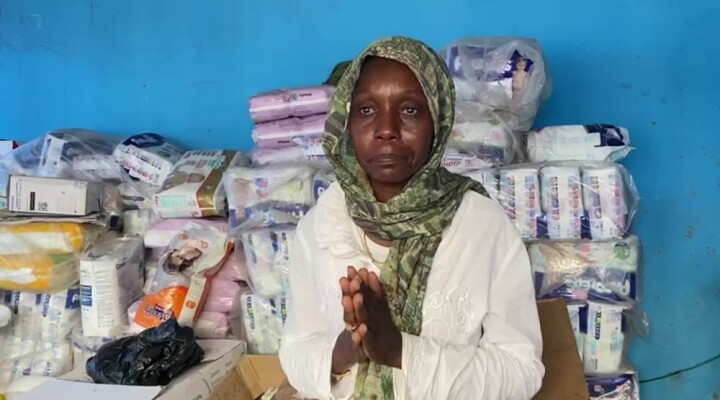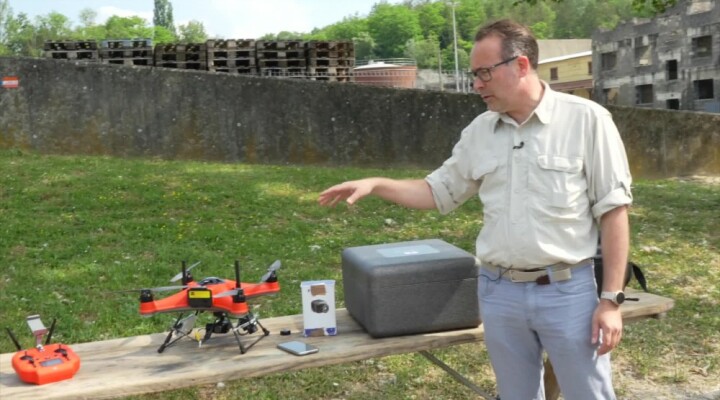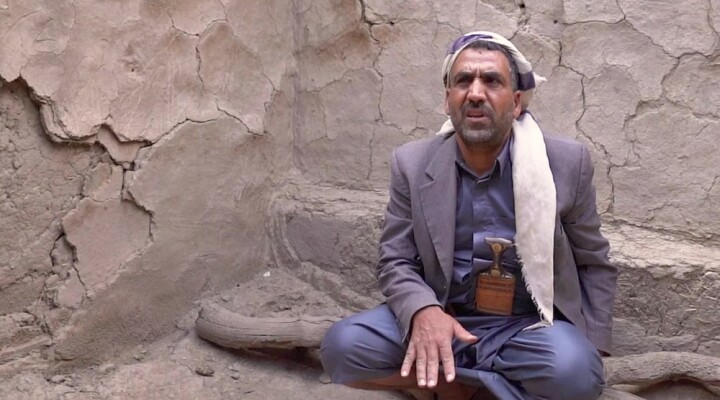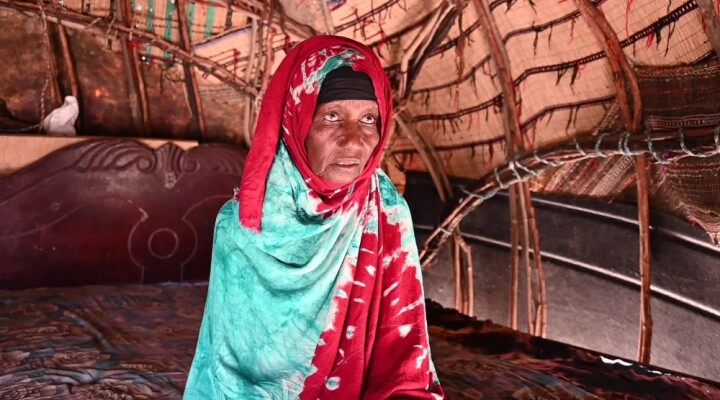As winter approaches in Khyber Pakhtunkhwa province (KP) and the Federally Administrated Tribal Areas (FATA), northwest Pakistan, farmers are in a race against time to plough fields and sow seeds before the drop in temperature prevents them germinating. For those living on the banks of the mighty Swat River, the challenge is exacerbated by a range of natural problems resulting from the devastating floods in July.
In some cases, the floods swept away entire swathes of agricultural land. Today, where once good arable land provided entire families with regular crops, a new branch of the river has formed or vast areas have become barren, the soil littered with heavy stones and sand brought by the raging torrents. .
Those farmers lucky enough to have only lost their crops and who still have a plot of land to work, fear that the soil has been irreparably damaged. They say the once rich and brown soil has turned grey and hard and that green shoots are not returning.
According to Azam Gul, a 55 year-old farmer in Kamala village, Lower Dir District: "The waters brought a lot of clay, now I don't know what to do with this layer 15-centimetre thick that covers the land." Azam will have to till the land before sowing and this will embed the clay deeply into the soil. "I am not sure that my next harvest will be successful. Inch'Allah, if we remain courageous and hard-working, we will manage," he says.
Throughout KP and FATA, the ICRC with its partner the PRCS has identified 30,000 families in dire need of help in rebuilding their livelihoods. These families lost their crops after the floods washed away their fields. In other instances, they had to flee the fighting, with no choice but to leave behind their crops. By the end of November, the ICRC in close cooperation with the Pakistan Red Crescent Society will have distributed to each family 30 kg of wheat seeds, 100 kg of fertilizers and a set of hand tools. 20,000 more families in Baluchistan will benefit from the same aid in the coming days.
Many families have become poorer as a result of losing their main source of income and food. Less cash is flowing into the community and the meagre resources left are spent on repairing damaged homes or on day to day survival.. Akbar Hussein, another farmer in Kamala village and Said's neighbour and friend, had to send two of his sons to Iran to work on fishing trawlers to make ends meet. Akbar explains: "Usually, 100 young men work as fishermen in Karachi or Iranian Balochistan. This year they are around 300. This is painful but there is no other way."
Akbar recounts: "We live in a beautiful region but it is as if the place has been heavily shelled. No living soul here has ever witnessed such a disaster. People are confused, and afraid of the future, especially as some villagers have found dead bodies while removing rocks and sand. This is not good."
By the end of the year the ICRC / PRCS will have helped 1.4 million people affected by the floods. Hundreds of thousands of people have also been displaced by fighting in FATA areas. Since 2009 the ICRC and Pakistan Red Crescent Society has been helping the displaced and intend to help them return to their homes and rebuild their lives.
SHOTLIST ATTACHED



